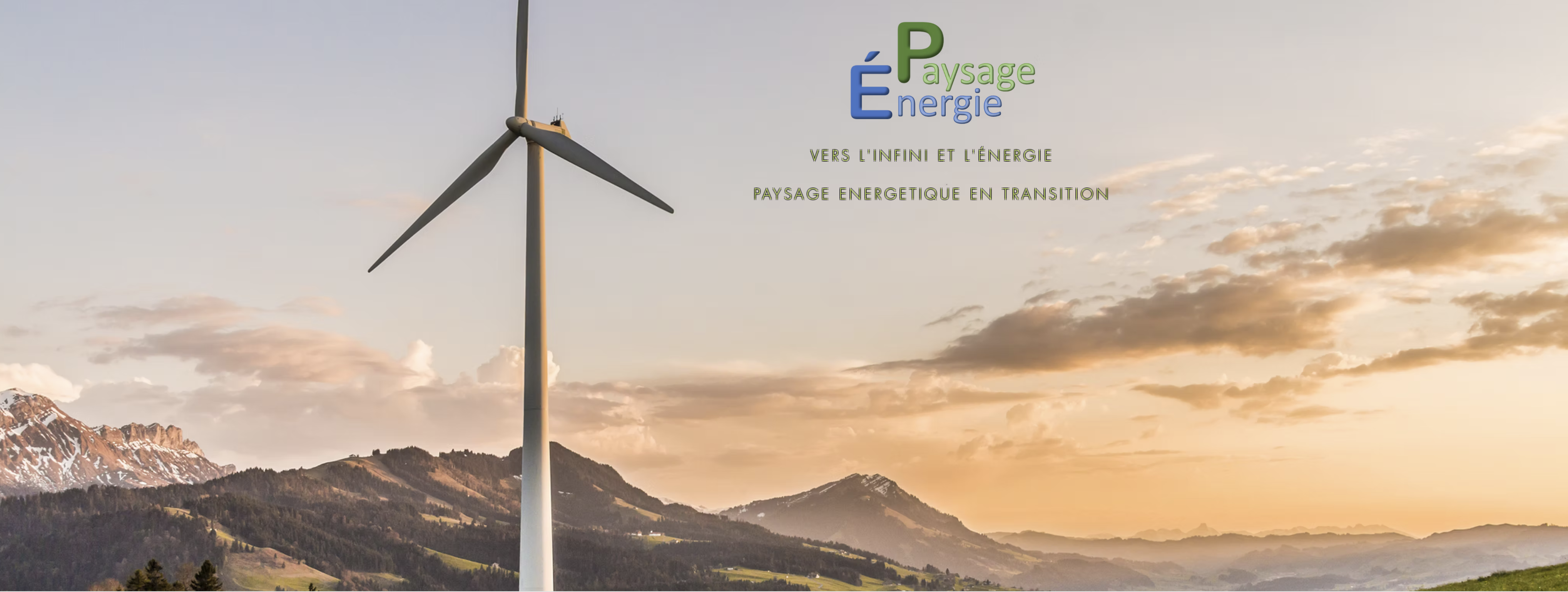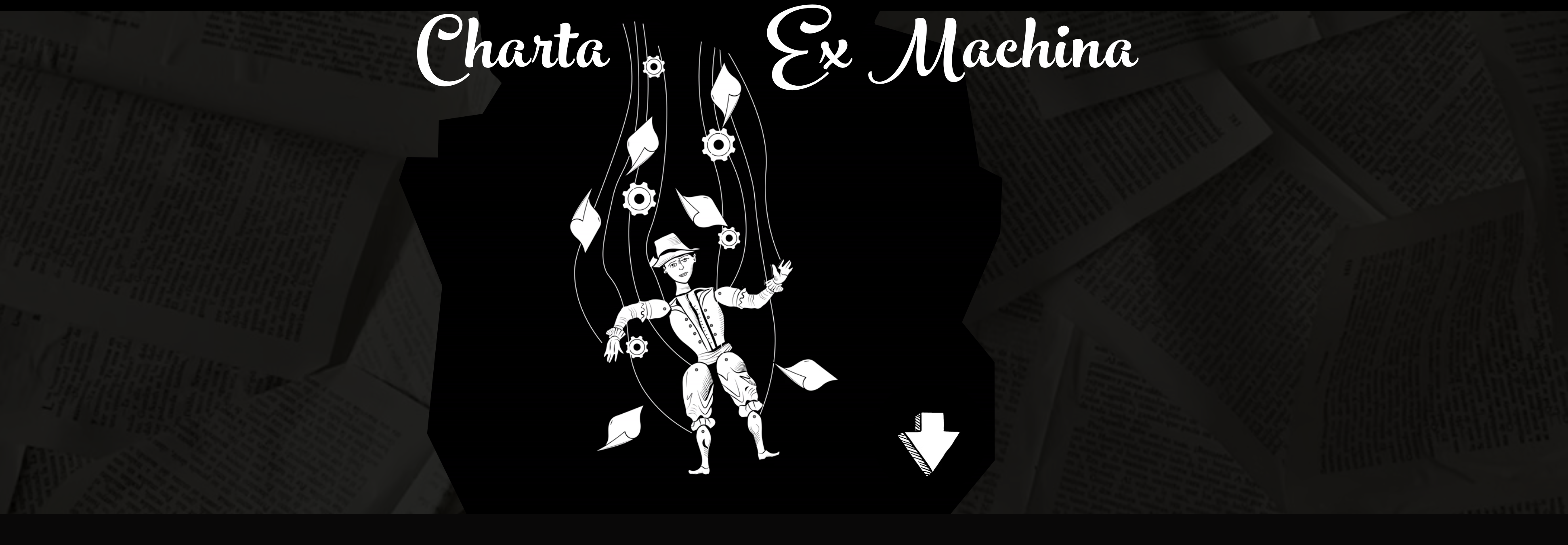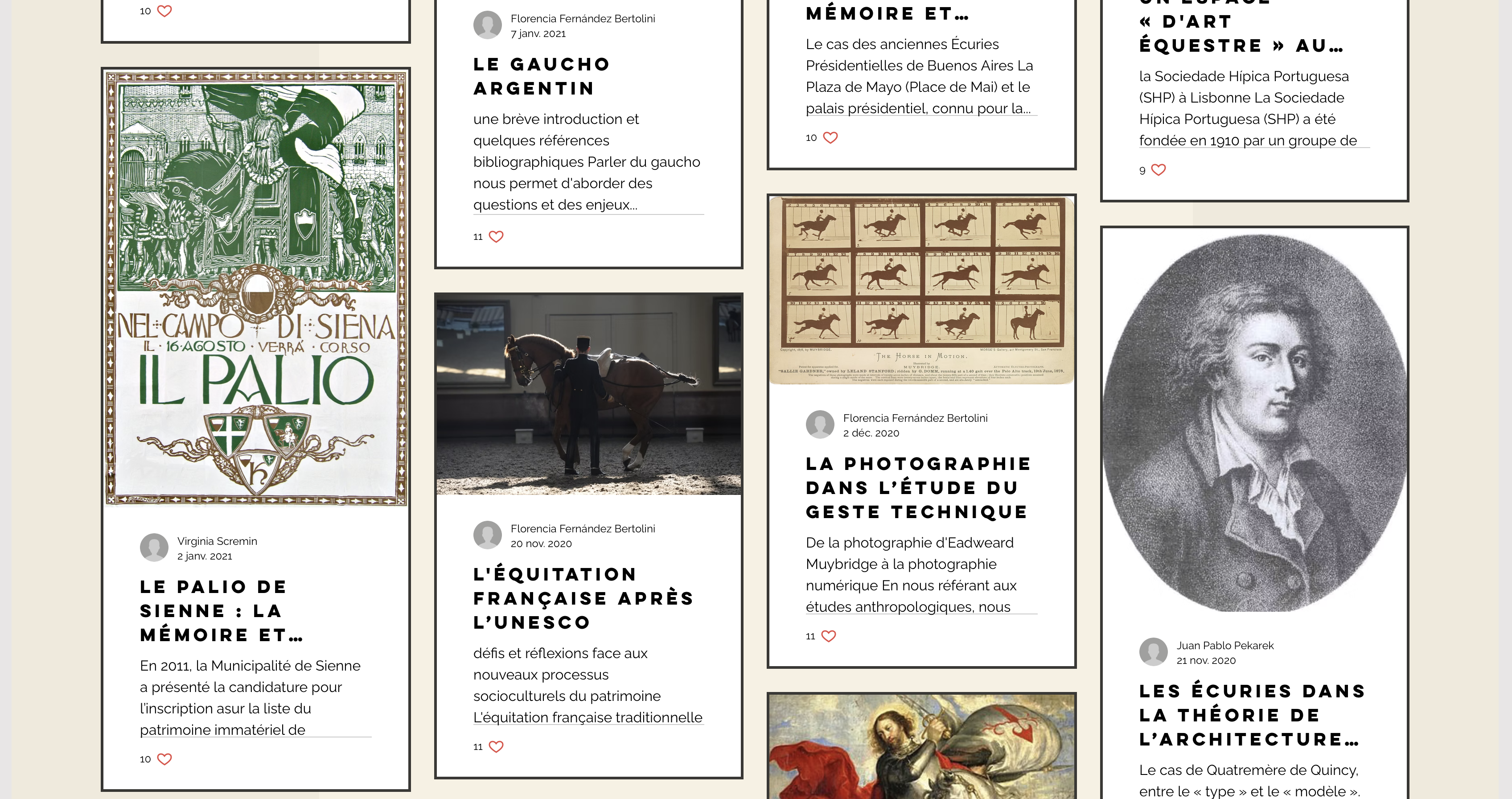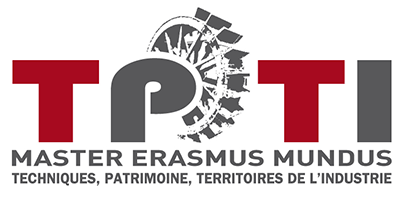Teaching by project
One of the aims of the course is to give students the ability to design and develop tools for co-activity and interaction between players in the historical heritage field, which are necessary for the transfer of knowledge between the various sectors concerned: historians, engineers and technicians, local, regional and national management communities, academic communities, companies, organisations contributing to the drafting of common scientific, technological and ethical standards at local, regional, national and international (UNESCO) levels.
To achieve this, the teaching team forges close links with non-academic circles and civil society.
Teaching by project
The 'project-based' teaching practised in engineering, art, architecture and design colleges enables students to acquire knowledge through experience. The approach encourages students to develop their autonomy, as well as their communication and collaboration skills. It involves working together to design a fictitious project, while respecting the stages involved in carrying out a real commission. The work culminates in the production of an object that is presented in public.
The 'tutored project' developed over three semesters involves producing a website on a theme relating to the history and heritage of technology. Students work in groups under the supervision of a tutor.
Material approaches
The course includes a large number of work sessions organised outside the universities. These take the form of meetings, visits and field observation exercises. In Paris, the sessions regularly take place at the Musée des arts et métiers and the Musée du Quai Branly; in Italy, at the Museo dell'industria e del Lavoro; in Portugal, at the Museu Nacional de História Natural e da Ciência (MUNHAC) and the Centro de Estudos de Cultura, História, Artes e Patrimónios (CECHAP).
Informal experiences
The course includes informal educational experiences in the form of transnational and transdisciplinary meetings (compulsory but not assessed):
- Webinars bring together research lecturers, practitioners and students from the two current classes (M1 and M2) to discuss a current research topic (e.g. Maintenance and repair; Reuse of materials; Remediation of industrial sites). The distance-learning sessions are open to all and are open access.
- The aim of the web cafés is to compare different ways of collecting documents, objects and places. In 2023, they brought together the curators of mining sites at the Berg Bau Museum (Bochum, Germany) and the Shoko Shuseikan Museum (Kagoshima, Japan), as well as curators from anthropological museums such as the Museo de Anthropologias de la Universidad nacional de Cordoba (Argentina) and the Museo del Pueblo de Asturias (Spain).










